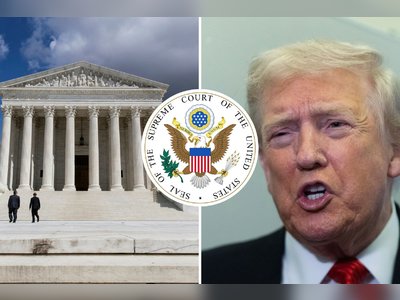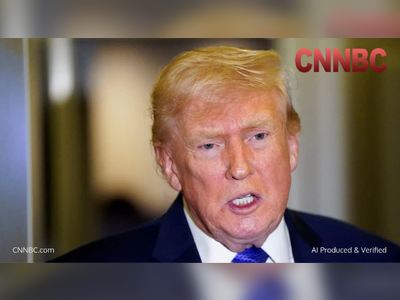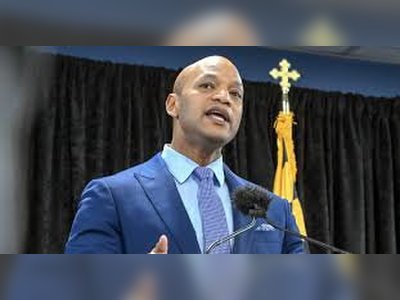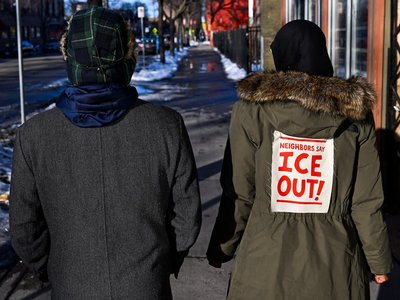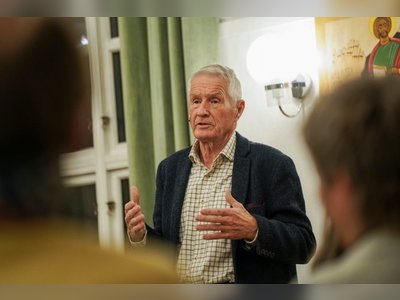Trinidad and Tobago Declares State of Emergency as Homicide Tally Soars
Unprecedented violence thrusts Caribbean nation into crisis as murder rate spirals beyond control, prompting sweeping security powers.
The government of Trinidad and Tobago has declared a state of emergency following a tumultuous weekend marked by violence, escalating the nation’s murder count to an alarming 623 in 2024.
This surge in homicides positions the Caribbean dual-island nation, with a population of just 1.5 million, perilously among the most violent regions in Latin America and the Caribbean.
In the span of mere days, the capital witnessed five men being shot overnight in a suburban estate, a brazen murder occurring just outside a police station, and a tragic incident where a 57-year-old woman was fatally shot while picking up her teenage son from a hospital in San Fernando.
Such incidents underscore the urgent crisis that the government is grappling with.
Prime Minister Keith Rowley’s office announced the emergency measures, granting national police and military forces expansive authority to detain suspects without charge and conduct searches without warrants.
In a sobering statement, Rowley expressed profound disappointment at the explosive rise in the murder tally, urging law enforcement to wield their new powers decisively to disrupt criminal networks.
During a press conference in Port of Spain, where Prime Minister Rowley conspicuously abstained from attending, Attorney General Stuart Young communicated the administration's response plan.
Despite the extension of police powers, Young assured the public that a curfew would not be imposed at this stage.
He highlighted that these actions were necessary due to a wave of 'brazen acts' perpetrated by criminals, warning of potential reprisal attacks that jeopardize public safety on a massive scale.
Young offered limited solace to a deeply concerned citizenry, acknowledging the unchecked proliferation of violence characterized by the rampant use of high-caliber weapons in gang disputes.
'Our immediate concern is not merely curbing the homicide rate but addressing brazen criminal acts that risk civilian lives,' he stated.
This admission reflects a decade of struggling governmental strategies against crime.
Meanwhile, President Christine Kangaloo issued a formal proclamation, affirming her satisfaction with the government's assertive response to an unfolding public emergency caused by extensive and threatening criminal activities.
As per police reports, roughly 42.6% of the nation’s killings are gang-related, intricately linked to the machinery of organized crime.
The grim situation recalls the last state of emergency declared in the country under starkly different circumstances to manage the Covid-19 pandemic in 2021.
The unfolding crisis in Trinidad and Tobago lays bare the intricate socio-economic and security challenges facing the nation.
As the international community watches, the efficacy of these drastic measures remains to be seen, while residents pin their hopes on a return to normalcy and safety in their everyday lives.
This surge in homicides positions the Caribbean dual-island nation, with a population of just 1.5 million, perilously among the most violent regions in Latin America and the Caribbean.
In the span of mere days, the capital witnessed five men being shot overnight in a suburban estate, a brazen murder occurring just outside a police station, and a tragic incident where a 57-year-old woman was fatally shot while picking up her teenage son from a hospital in San Fernando.
Such incidents underscore the urgent crisis that the government is grappling with.
Prime Minister Keith Rowley’s office announced the emergency measures, granting national police and military forces expansive authority to detain suspects without charge and conduct searches without warrants.
In a sobering statement, Rowley expressed profound disappointment at the explosive rise in the murder tally, urging law enforcement to wield their new powers decisively to disrupt criminal networks.
During a press conference in Port of Spain, where Prime Minister Rowley conspicuously abstained from attending, Attorney General Stuart Young communicated the administration's response plan.
Despite the extension of police powers, Young assured the public that a curfew would not be imposed at this stage.
He highlighted that these actions were necessary due to a wave of 'brazen acts' perpetrated by criminals, warning of potential reprisal attacks that jeopardize public safety on a massive scale.
Young offered limited solace to a deeply concerned citizenry, acknowledging the unchecked proliferation of violence characterized by the rampant use of high-caliber weapons in gang disputes.
'Our immediate concern is not merely curbing the homicide rate but addressing brazen criminal acts that risk civilian lives,' he stated.
This admission reflects a decade of struggling governmental strategies against crime.
Meanwhile, President Christine Kangaloo issued a formal proclamation, affirming her satisfaction with the government's assertive response to an unfolding public emergency caused by extensive and threatening criminal activities.
As per police reports, roughly 42.6% of the nation’s killings are gang-related, intricately linked to the machinery of organized crime.
The grim situation recalls the last state of emergency declared in the country under starkly different circumstances to manage the Covid-19 pandemic in 2021.
The unfolding crisis in Trinidad and Tobago lays bare the intricate socio-economic and security challenges facing the nation.
As the international community watches, the efficacy of these drastic measures remains to be seen, while residents pin their hopes on a return to normalcy and safety in their everyday lives.

